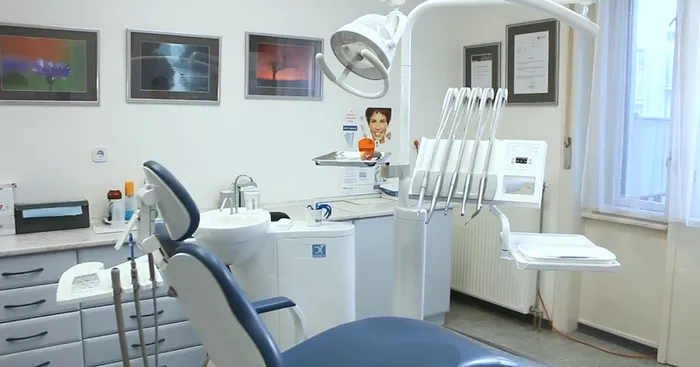Representatives of Nepal’s Female Community Health Volunteers are making strides in their fight for job security and recognition, joining trade union delegations at the annual International Labor Organization (ILO) meeting. From June 3-14, Basanti Maharjan and Gita Devi Thing participated in a Public Services International (PSI) delegation to advocate for better working conditions and acknowledgment of their crucial role in the healthcare sector.
Community Health Workers (CHWs) in many Asian and African countries, including Nepal, provide essential healthcare services to remote communities. Their duties include maternal and infant care and public health advice, tasks that became even more vital during the COVID-19 pandemic. Despite their significant contributions, CHWs often face marginalization within the healthcare system, being exploited to fill gaps caused by underfunded public health infrastructures.
In Nepal, CHWs are highly regarded within their communities, chosen through a community-driven process involving active mothers’ groups. This connection enhances public health outcomes. PSI underscores the importance of this link and calls on local, regional, and national governments to support CHWs by granting them equal rights and recognition as other healthcare workers.
However, the current situation remains challenging. Different government levels in Nepal often avoid responsibility, resulting in neglect of CHWs’ needs. This neglect was particularly evident during the COVID-19 pandemic, when CHWs lacked adequate personal protective equipment despite their frontline roles.
In 2022/2023, Nepal’s 52,000 CHWs received an annual remuneration of USD 96 to USD 384. “Despite making sacrifices and doing our work earnestly, we are not treated as workers but as volunteers,” said Gita Devi Thing. “This is unjust. We deserve dignity, respect, and fair compensation for the vital services we provide to our communities.”
Strengthening Public Health Systems by Valuing CHWs
PSI’s campaign for CHWs’ rights argues that their tasks and realities fall under fundamental rights and principles at work. PSI is urging the ILO to officially recognize CHWs as part of the care workforce, pushing national governments to value them on par with other healthcare sector workers.
Fairly valuing CHWs would strengthen public health systems and support predominantly female workers in public health roles. Kate Lappin, PSI’s Asia Pacific Regional Secretary, highlighted the gender dimension of the issue, noting that CHWs are often exploited because they are women. “Why do we expect women to accept minuscule honorarium payments for critical public health work? It’s because women’s care work is devalued and taken for granted,” she said.
Public recognition of CHWs’ contributions to the right to health would be a significant step forward for the ILO and national governments, stabilizing public health systems and addressing long-standing injustices. “We are not volunteers,” Thing emphasized during conference preparations. “We are workers.”
Related topics:
- Natural Ways to Cure Cough and Cold in Infants: A How-To Guide
- How to Clear a Stuffy Nose in Newborns?
- Is Cold Breast Milk Safe for Newborns?


